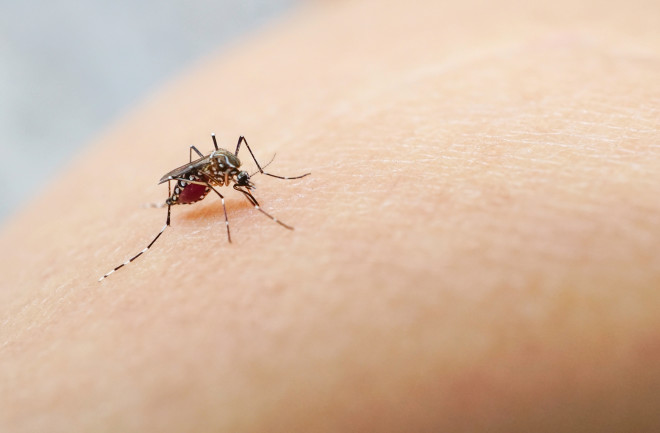A mosquito-borne parasite, Plasmodium malariae causes malaria — a disease responsible for at least 608,000 deaths and 249 million cases in 2022, according to the World Health Organization. Malaria usually causes severe headaches, fevers, and chills for modern day humans.
But according to a new study, ancient humans in the modern-day Arabian Peninsula may have been resistant to the disease. A mutation in DNA most likely happened 5,000 years to 6,000 years ago, or when farming started in Eastern Arabia.
“This knowledge goes beyond historical understanding, providing predictive capabilities for disease susceptibility, spread, and treatment, thus promoting better health outcomes,” said Marc Haber, a geneticist at the University of Birmingham and one of the study authors, in a statement.

